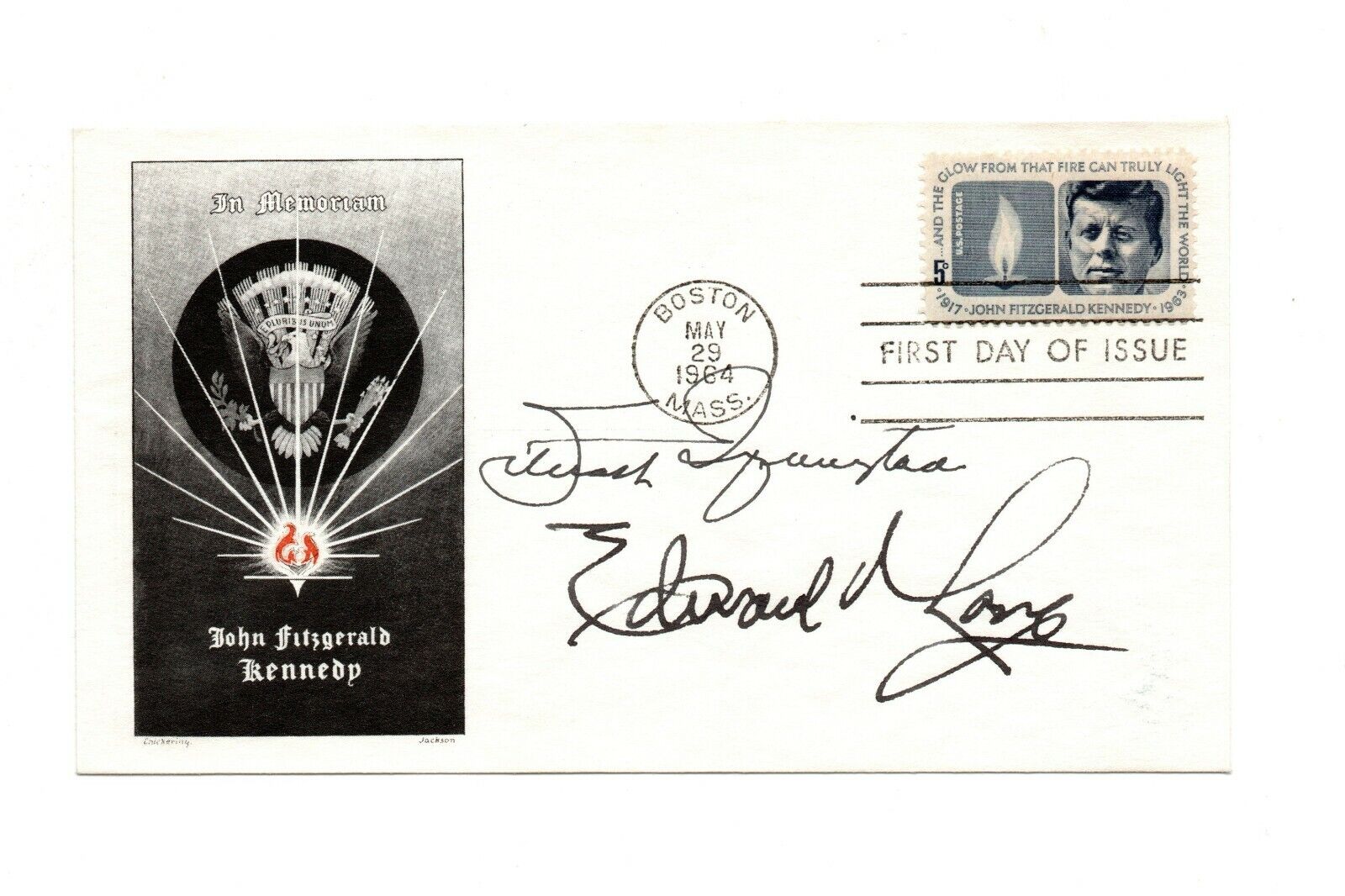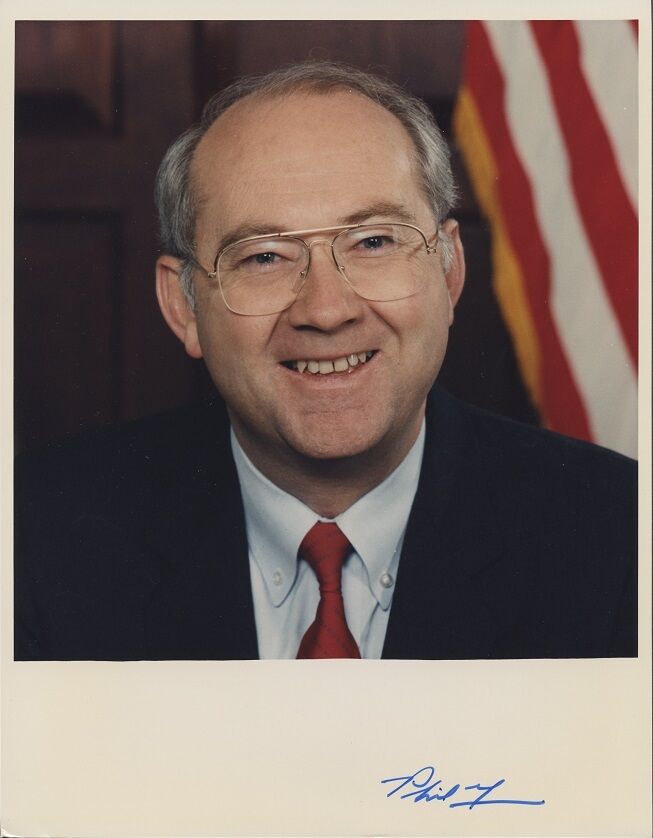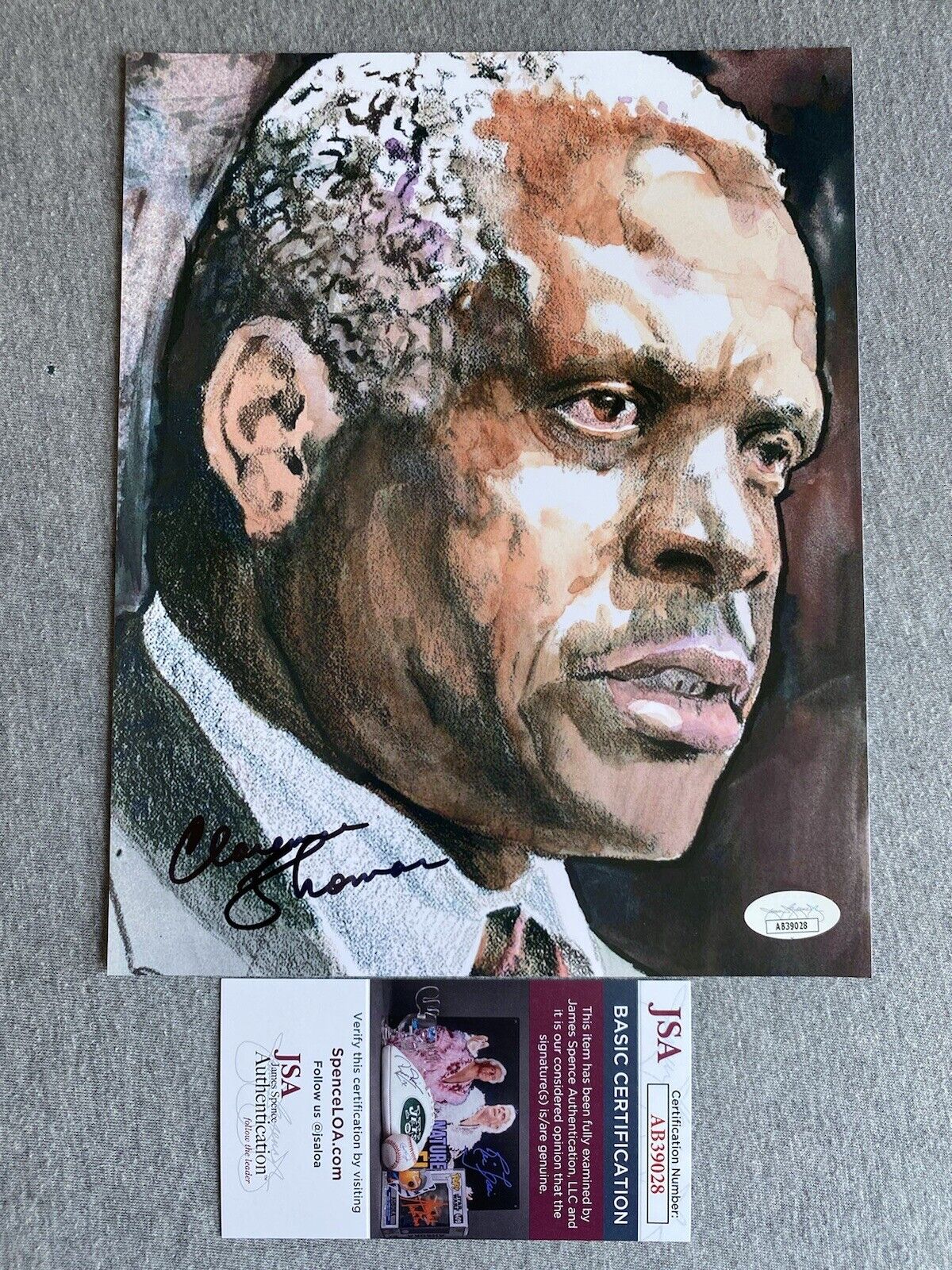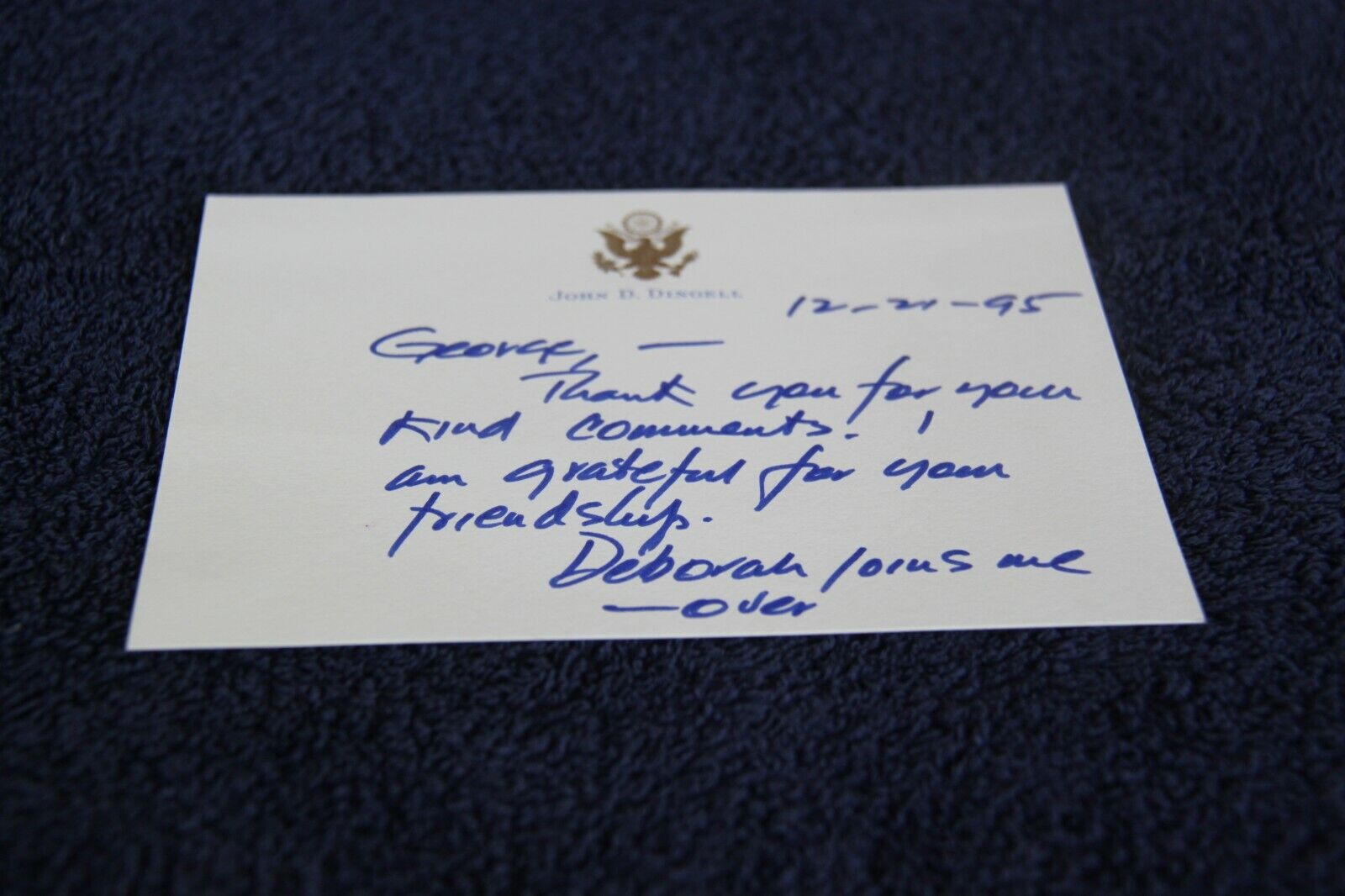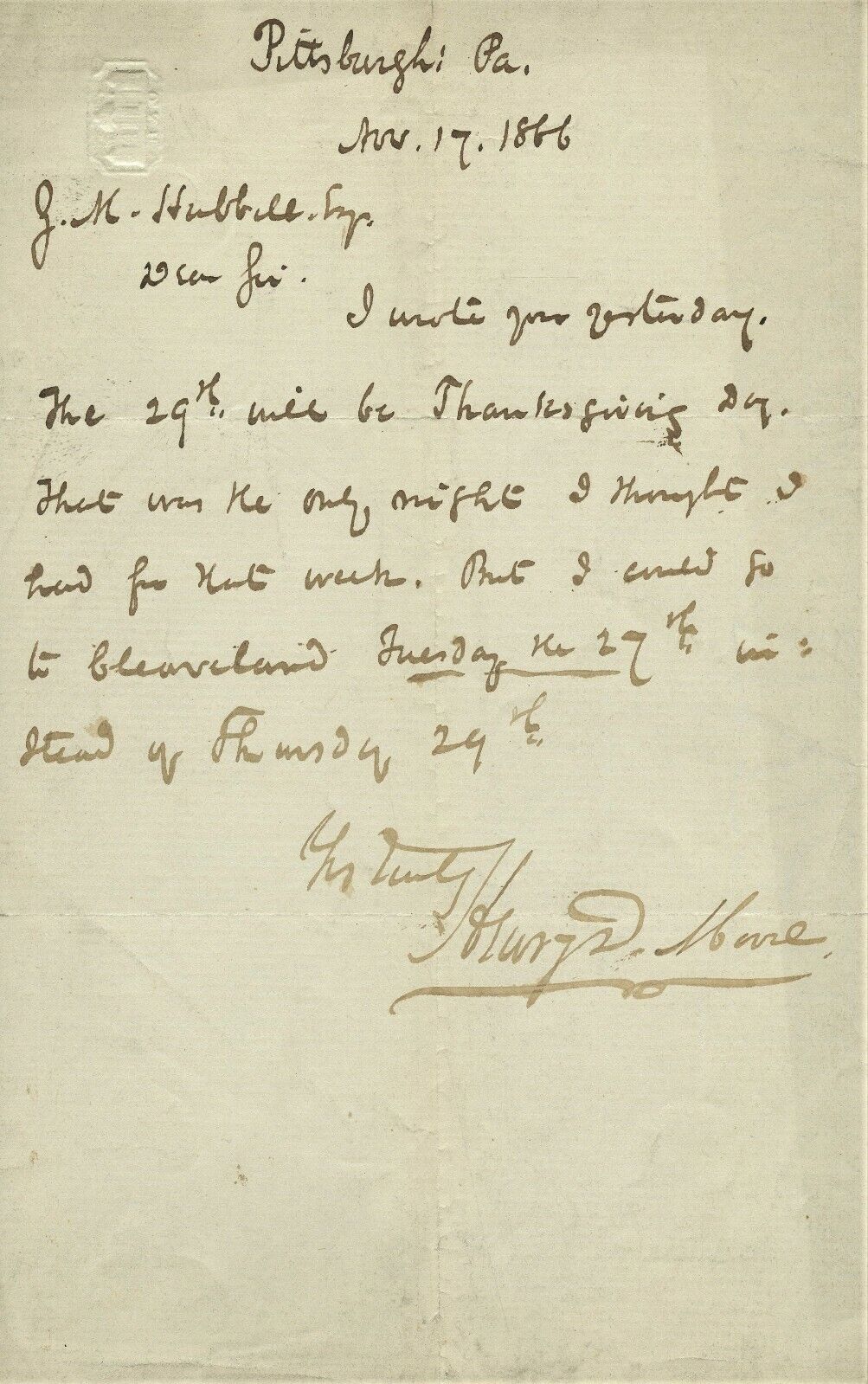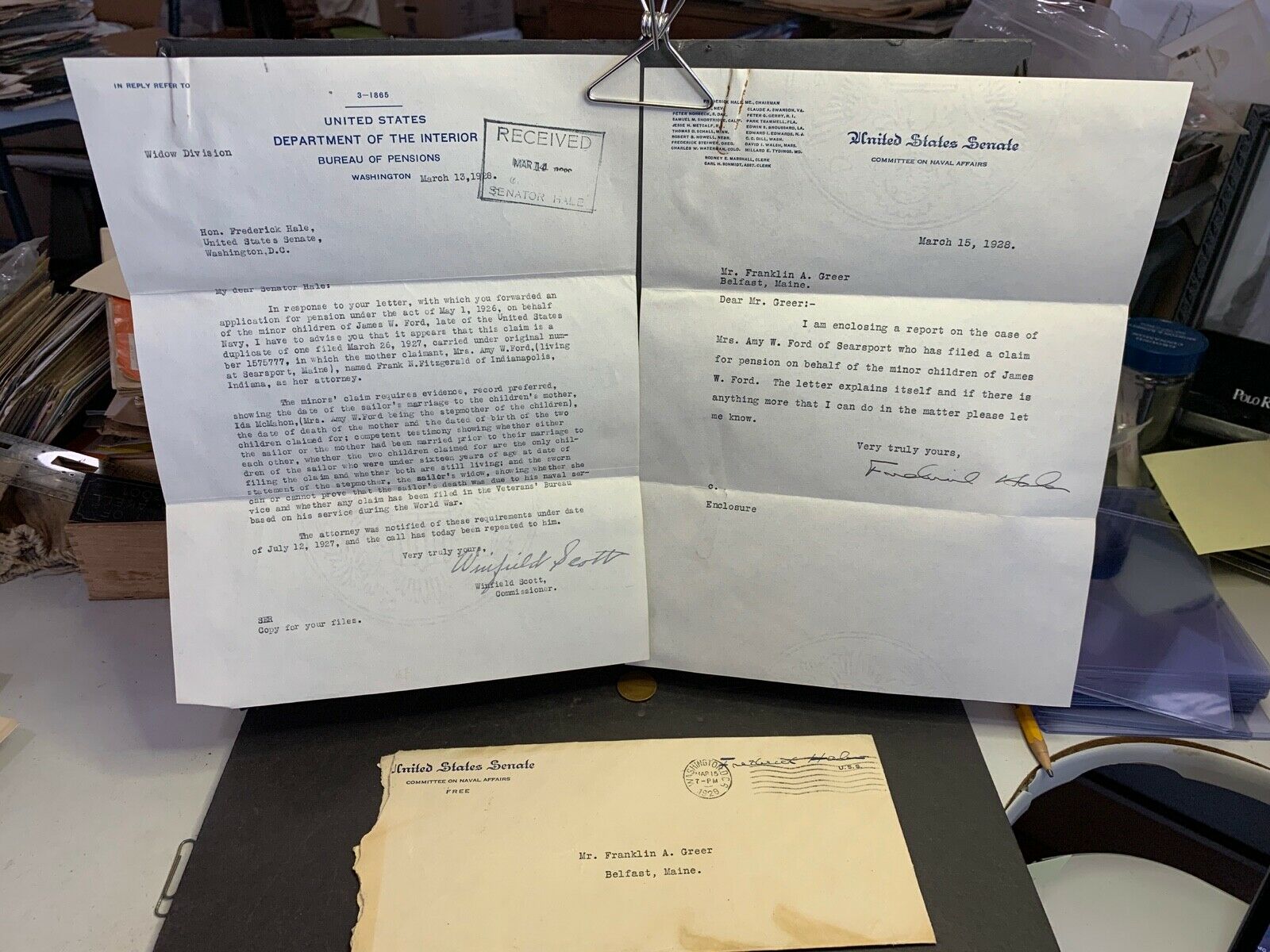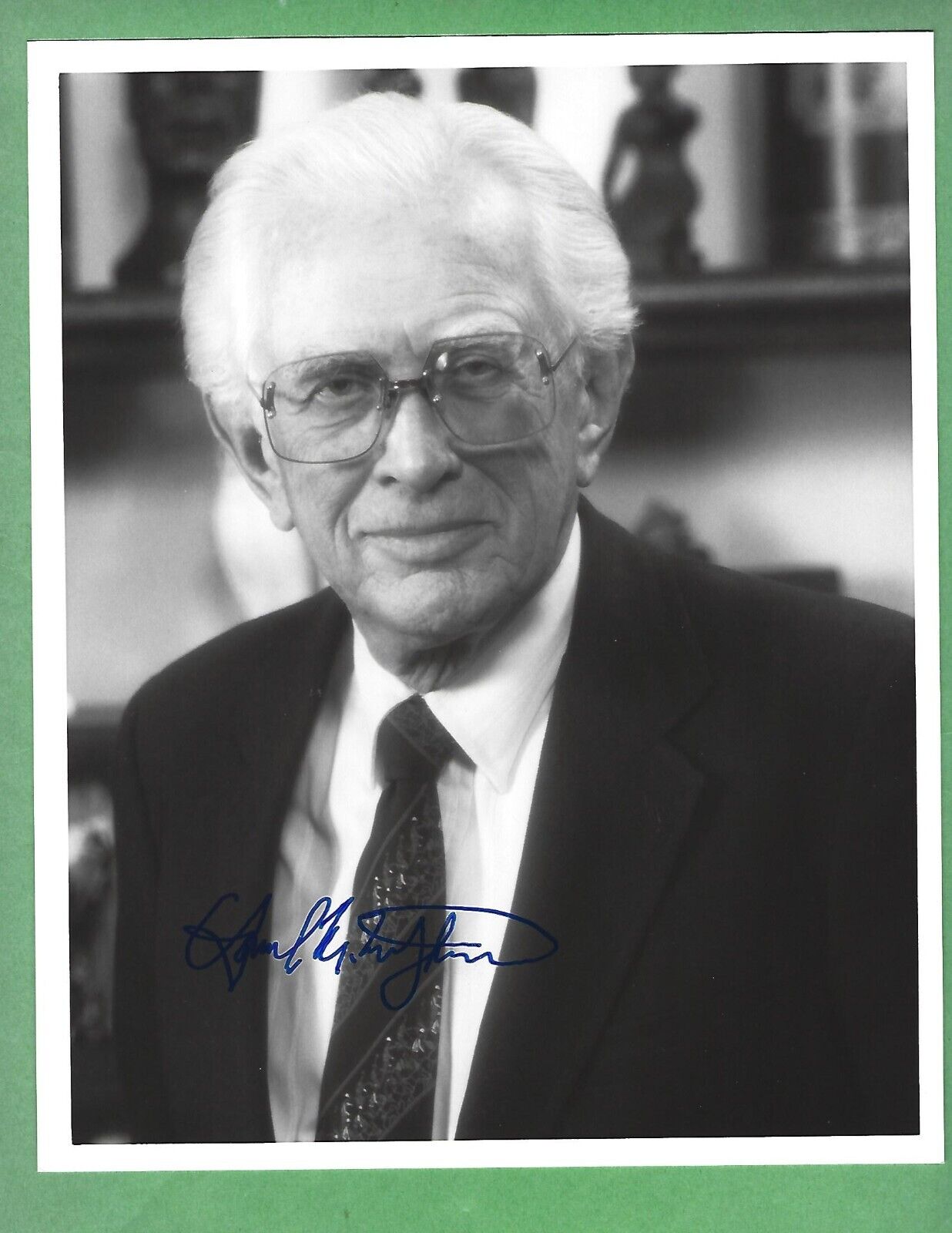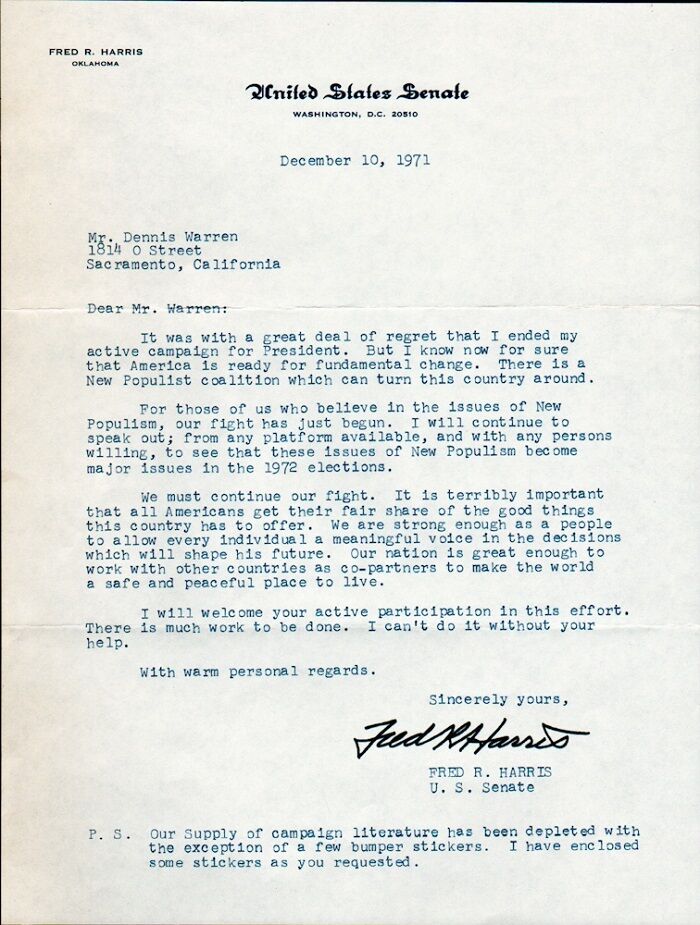-40%
1932 LINDBERGH KIDNAPPING GOVERNOR US SENATOR NJ MOORE AUTOGRAPH SIGNED CARD VF!
$ 5.27
- Description
- Size Guide
Description
A. HARRY MOOREThe longest-serving New Jersey Governor in the 20th century and the only New Jersey Governor elected to serve three separate non-consecutive terms.
(1877 - 1952)
39
th
GOVERNOR OF NEW JERSEY – SERVING 3 TERMS BETWEEN 1926-1941 and ACHIEVING NATIONAL FAME INVESTIGATING THE LINDBERGH KIDNAPPING TRAGEDY,
&
UNITED STATES DEMOCRATIC PARTY SENATOR FROM NEW JERSEY 1935-1938.
Supported by Mayor of Jersey City, Frank "
Boss
" Hague and his political machine, Moore was elected the 39th Governor of New Jersey in 1925.
As New Jersey’s Governor, Moore attained national prominence when he took charge of the investigation into the
Lindbergh Kidnapping
in 1932
.
Moore immediately contacted Charles Lindbergh and offered a ,000 reward for the apprehension of the kidnappers. Lindbergh asked him to rescind the offer, as he thought it might hinder his own negotiations with the kidnappers through his counsel John Condon.
When the baby was found dead, Governor Moore once again offered the reward.
Also, within a few days of the kidnapping, Gov. Moore called a conference of more than a dozen major city police organizations, police chiefs, detectives, and federal agencies.
They met at the Trenton State House on March 5, 1932, to develop a unified plan of action that would link federal, state, county and municipal agencies in the investigation.
<
<>
>
HERE’s AN OFFICIAL NEW JERSEY AUTOGRAPH SIGNATURE CARD SIGNED and DATED BY A. HARRY MOORE IN 1927.
THE CARD BEARS A GOLD EMBOSSED STATE SEAL OF NJ.
A FINE ADDITION TO YOUR NEW JERSEY POLITICAL HISTORY AUTOGRAPH, MANUSCRIPT & EPHEMERA COLLECTION!
The document measures 4¼” x 3” and is in VF condition.
BIOGRAPHICAL SKETCH of the HONORABLE
A.
HARRY MOORE
A. Harry Moore
, a three-term Governor of New Jersey, was born in Jersey City, New Jersey on July 3, 1879. His education was attained at Cooper Union College in New York, and at New Jersey Law School, where he earned an LL.B. degree in 1924. Moore first entered politics as secretary to the Jersey City mayor, a position he held from 1908 to 1911. He also served as the city collector from 1911 to 1913; and was the Jersey City commissioner from 1913 to 1925. Moore next secured the Democratic gubernatorial nomination, and was elected governor by a popular vote on November 3, 1925. He was reelected to a second term in 1931. During his first two terms, the state workmen’s compensation law was improved; the state’s “blue law” was modified; a narcotics bill was sanctioned; and a state planning board was formed. On January 3, 1935 Moore resigned from office, to take his seat in the U.S. Senate, a position he held until 1938. He won reelection to his final gubernatorial term on November 2, 1937, and was sworn into office on January 18, 1938. During his final tenure, the pari-mutuel system was initiated; and regulations were implemented on liquor and gasoline sales. After completing his final term, Moore retired from politics, returning to his legal career.
As governor, Moore attained national prominence when he took charge of the investigation into the
Lindbergh kidnapping
in 1932.
Moore was not happy in Congress, which he referred to as the "
Cave of Wind.
" Despite supporting Roosevelt's "New Deal" programs, he felt very uneasy with them.
Governor A. Harry Moore passed away on November 18, 1952 from a heart attack while driving his car along Route 29 in Branchburg Township, N.J., and was buried in the New York Bay Cemetery in Jersey City, Hudson County, New Jersey.
Political career chronology
1908 to 1911, Secretary to the Mayor of Jersey City
1911 to 1913, City Collector
1913 to 1925, Jersey City commissioner
1926 to 1929, Governor of New Jersey
1932 to 1935, Governor of New Jersey
1935 to 1938, United States Senator
1938 to 1941, Governor of New Jersey
Moore and the Lindbergh Kidnapping
As New Jersey’s Governor, Moore attained national prominence when he took charge of the investigation into the Lindbergh Kidnapping in early March of 1932.
Moore immediately contacted Charles Lindbergh and offered a ,000 reward for the apprehension of the kidnappers. Lindbergh asked him to rescind the offer, as he thought it might hinder his own negotiations with the kidnappers through his counsel John Condon.
When the baby was found dead, Governor Moore once again offered the reward.
Also, within a few days of the kidnapping, Gov. Moore called a conference of more than a dozen major city police organizations, police chiefs, detectives, and federal agencies.
They met at the Trenton State House on March 5, 1932, to develop a unified plan of action that would link federal, state, county and municipal agencies in the investigation.
Sources:
·
Sobel, Robert, and John Raimo, eds.
Biographical Directory of the Governors of the United States, 1789-1978,
Vol. 3, Westport, Conn.; Meckler Books, 1978. 4 vols.
·
Wikipedia
·
Find A Grave – Memorial ID
5765918
·
“
New Jersey’s Lindbergh Kidnapping and Trial
” by Mark W. Falzini and James Davidson, 2012
I am a proud member of the Universal Autograph Collectors Club (UACC), The Ephemera Society of America, the Manuscript Society and the American Political Items Collectors (APIC) (member name: John Lissandrello). I subscribe to each organizations' code of ethics and authenticity is guaranteed. ~Providing quality service and historical memorabilia online for over twenty years.~
WE ONLY SELL GENUINE ITEMS, i.e., NO REPRODUCTIONS, FAKES OR COPIES!


